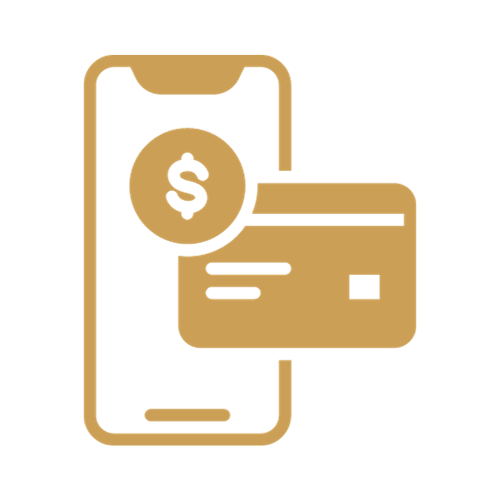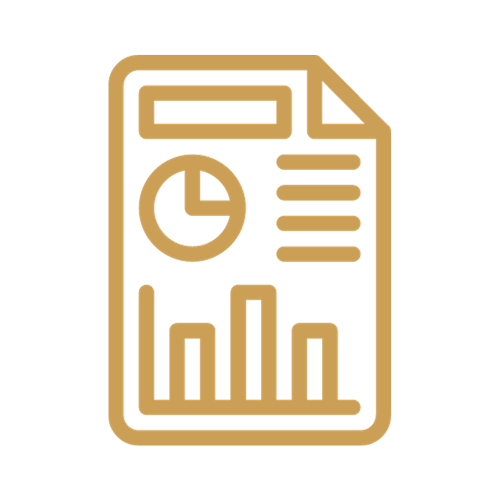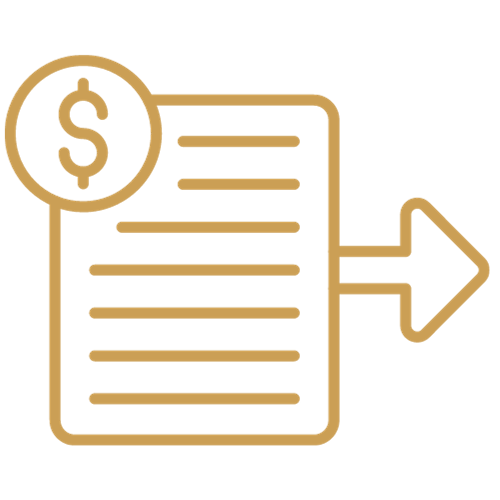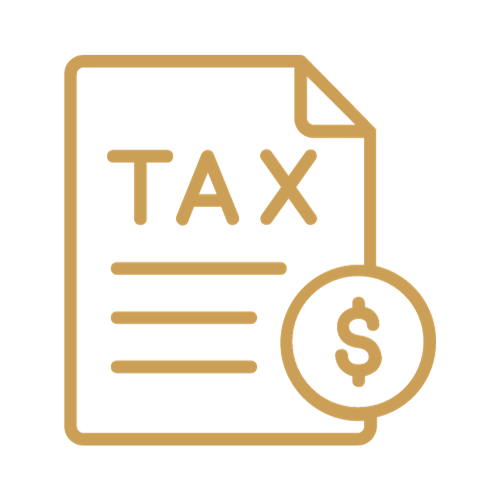Many small business owners don’t understand basic accounting terms and principles that are vital to running a healthy business. It’s easy to overlook these basics when you’re so busy focusing on your clients, the services you offer, and the many demands of owning and operating a business. At Seward Accounting and Tax, we wanted to take a few minutes to help you understand some key terms and why they matter for your business.
This month we’re looking at Accounts Payable and Accounts Receivable.
Accounts Payable tracks money your business owes to creditors. Accounts payable belong to a larger class of accounting entries known as liabilities. This could be money owed for supplies, rent on your office space, or the money you owe your employees for the work they’ve done.
Accounts Receivable tracks money owed to a person or business by their debtors, or more plainly the money your business is owed for services or products delivered. Accountants track accounts receivable money as assets.
Tracking both accounts payable and accounts receivable can help you understand the financial success of your business. Knowing what you owe, as well as what is owed to you, is vital to ensuring a healthy cash flow. For instance if you need to run payroll, but don’t have the appropriate funds in your accounts receivable, you may not be able to pay your employees on time.
Many small business owners struggle with overdue invoices and therefore lack the funds they’re owed when they’re needed. It is also common for small business owners to spend valuable time following up with clients regarding late payments, wasting time they could be using to make more money. Having an efficient accounts receivable process, or hiring an accountant can help ensure that you have enough cash to cover your business expenses, like paying your employees or ordering supplies. For small businesses, being able to cover your business expenses also means that you are able to cover your personal expenses.
Many software accounting tools can help you streamline your accounts receivable by automating the invoicing process. This can guarantee that contact information is correct as well as providing scheduled payment reminders, so you don’t have to spend your time sending follow up emails and making phone calls.
Alternatively, an accountant can give the time and attention to your accounts receivable so that you don’t have to. Your accountant will be able to notice trends, anticipate potential cash flow problems, and offer suggestions to help you keep your business running smoothly.
At Seward Accounting & Tax, we’d love to support you so that you can take back your time to focus on the heart of your business that you love! Receive a free estimate today and see how we might be able to help your business run smoother!




